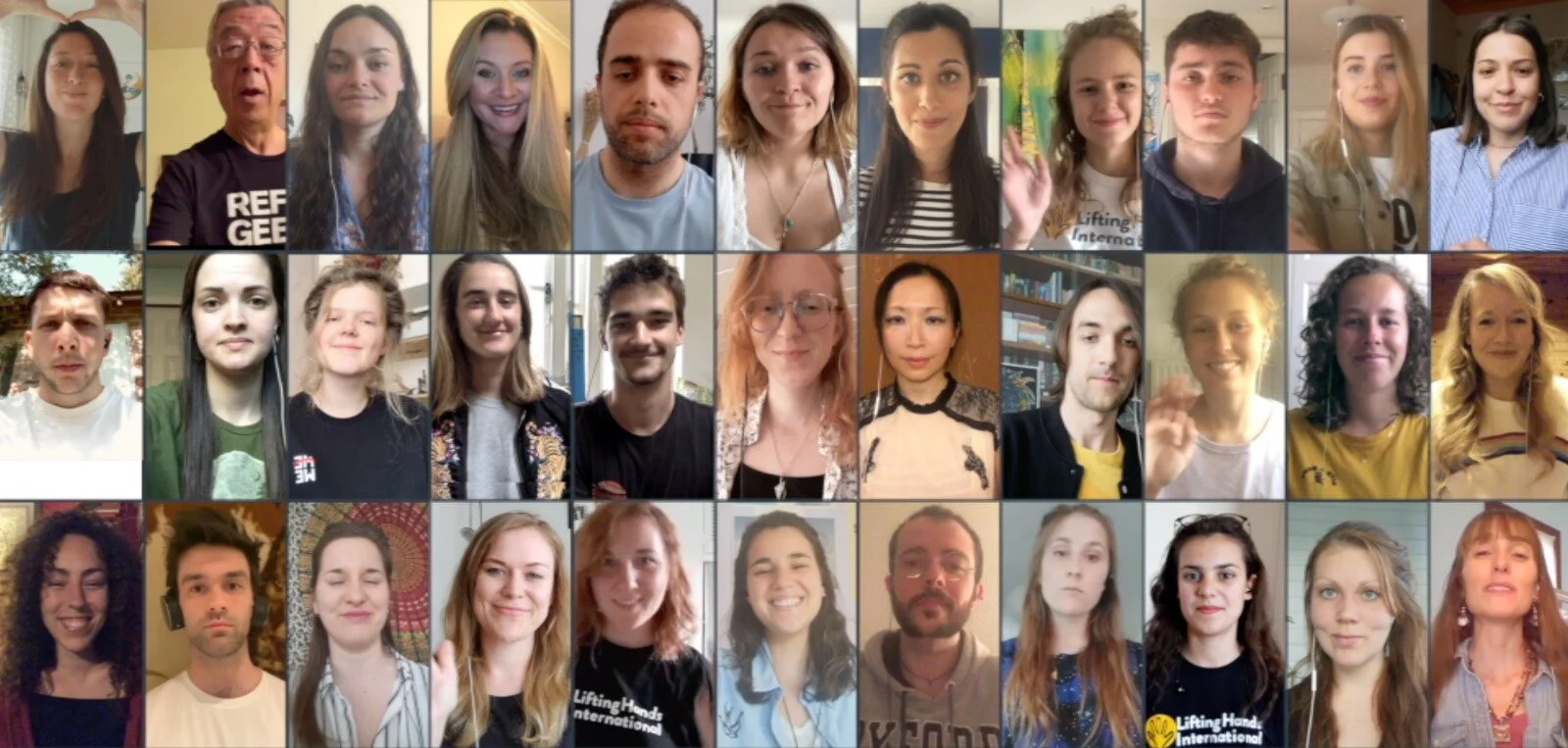by: Hayley Smith, LHI Founder/Director
Thank you so much for donating to last week’s #GivingTuesday campaign! It was very successful and will help us keep our high-impact programs around the world running and helping those who need it the most.
The leadup to the campaign brought back some interesting childhood memories. (It ties in at the end, trust me!)
Hayley as a young humanitarian (in the cute little heart dress).
When I was little, my parents didn’t let us watch a lot of TV, but we could get away with it if it was some historical documentary or nature show on PBS. We even got to stay up past our bedtimes every Sunday night to watch Masterpiece Theater all together. But every year brought the same phenomenon: I’m watching some Victorian drama and they’re about to kiss when I’m rudely interrupted just by the dreaded semi-annual pledge drive.
They had some nerve to interrupt my shows, only to beg for money (although that commemorative Lawrence Welk VHS box set was a pretty tempting incentive).
The first 50 donors will receive this limited edition Doctor Who plate!*
Fast forward a few decades. Social media has definitely changed how organizations like PBS and and even LHI raise funds. First of all, I don’t have to appear on live TV and threaten to remove Downton Abbey from our regular scheduling. But one thing remains true: LHI does truly depend on people’s individual and collective generosity to keep on going. We do not get government funding. And like many other nonprofits, we have to constantly find new donors, big or small, just to keep running. LHI simply would and could not operate without supporters like you.
Thank you to all of you who donated to our #GivingTuesday campaign last week. Because of a little click of the mouse, refugees all over the world get crucial humanitarian aid that they otherwise would not.
Didn’t donate for #GivingTuesday? It’s never too late to donate to that campaign here on FB (link) or on our website (link).
*JK, you won’t actually receive the plate. But you will help make the winter a little more bearable for a refugee family somewhere!

















































